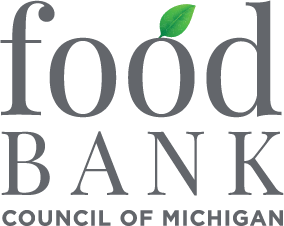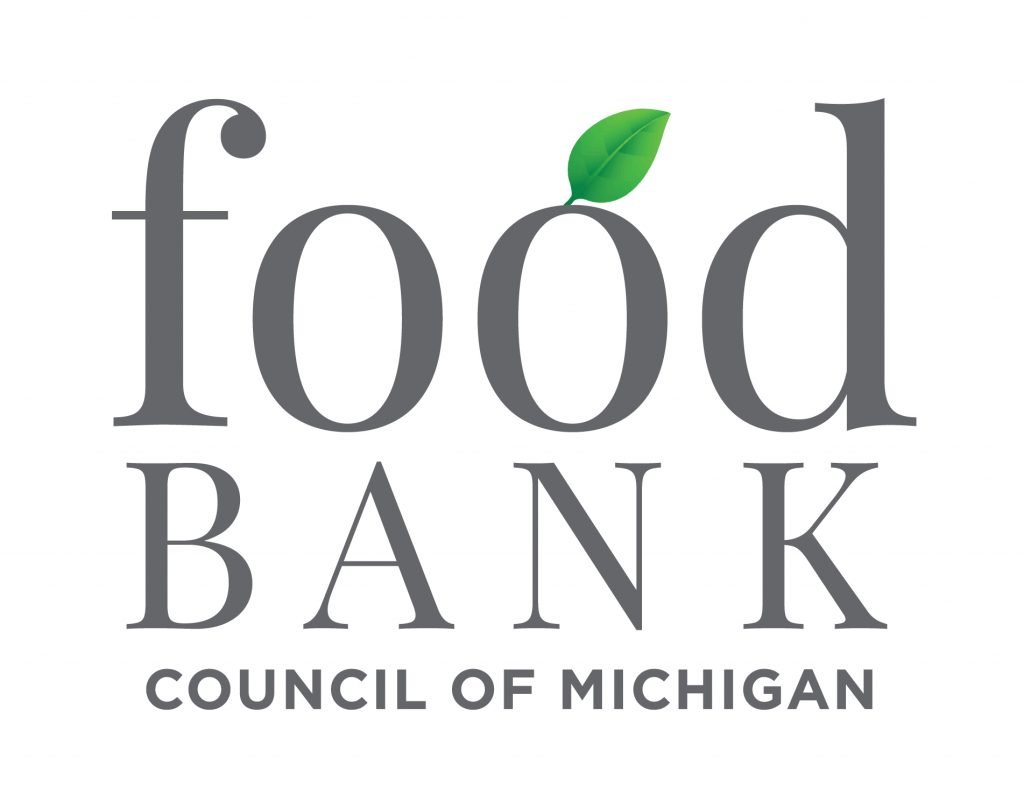
What is Food Insecurity?
In Michigan, 1.15 million Michiganders struggled to put food on the table in 2020, nearly 300,000 of which were children. That means that one in nine Michiganders experience food insecurity.
The U.S. Department of Agriculture (USDA) defines food insecurity as a lack of consistent access to enough food for an active, healthy life, and also points out that, “It is important to know that hunger and food insecurity are closely related, but distinct, concepts. Hunger refers to a personal, physical sensation of discomfort, while food insecurity refers to a lack of available financial resources for food at the level of the household.”
Causes of Food Insecurity
Many people across the state struggle to meet their basic needs which increases their risk of food insecurity. The causes of food insecurity are complex, some of which include:
Poverty, unemployment, or low income.
Lack of affordable housing.
Chronic health conditions or lack of access to healthcare.
Systemic racism and racial discrimination.
Effects of Food Insecurity
Difficult decisions and coping mechanisms – Being forced to choose between paying for food and health care, or food and utilities.
Health complications – Hunger and health are deeply connected. People who are food insecure are disproportionally affected by diet-sensitive chronic diseases such as diabetes, obesity, and high blood pressure, and according to research, food insecurity is also linked to many adverse effects to overall health.
Child development – For children, food insecurity is particularly devastating. Not having enough health food can have serious implications for a child’s physical and mental health, academic achievement, and future economic prosperity. Research shows an association between food insecurity and delayed development in young children; risk of chronic illnesses like asthma and anemia; and behavioral problems like hyperactivity, anxiety, and aggression in school-age children.
How the Food Bank Council of Michigan Fights Food Insecurity
The Food Bank Council of Michigan leads a unified effort to end hunger in Michigan. We work to address the root causes of hunger by raising awareness across the state, advocating for policies to protect people in need, conducting in-depth research to find solutions to hunger, and providing thought leadership and statewide resources to a network of Michigan food banks.



